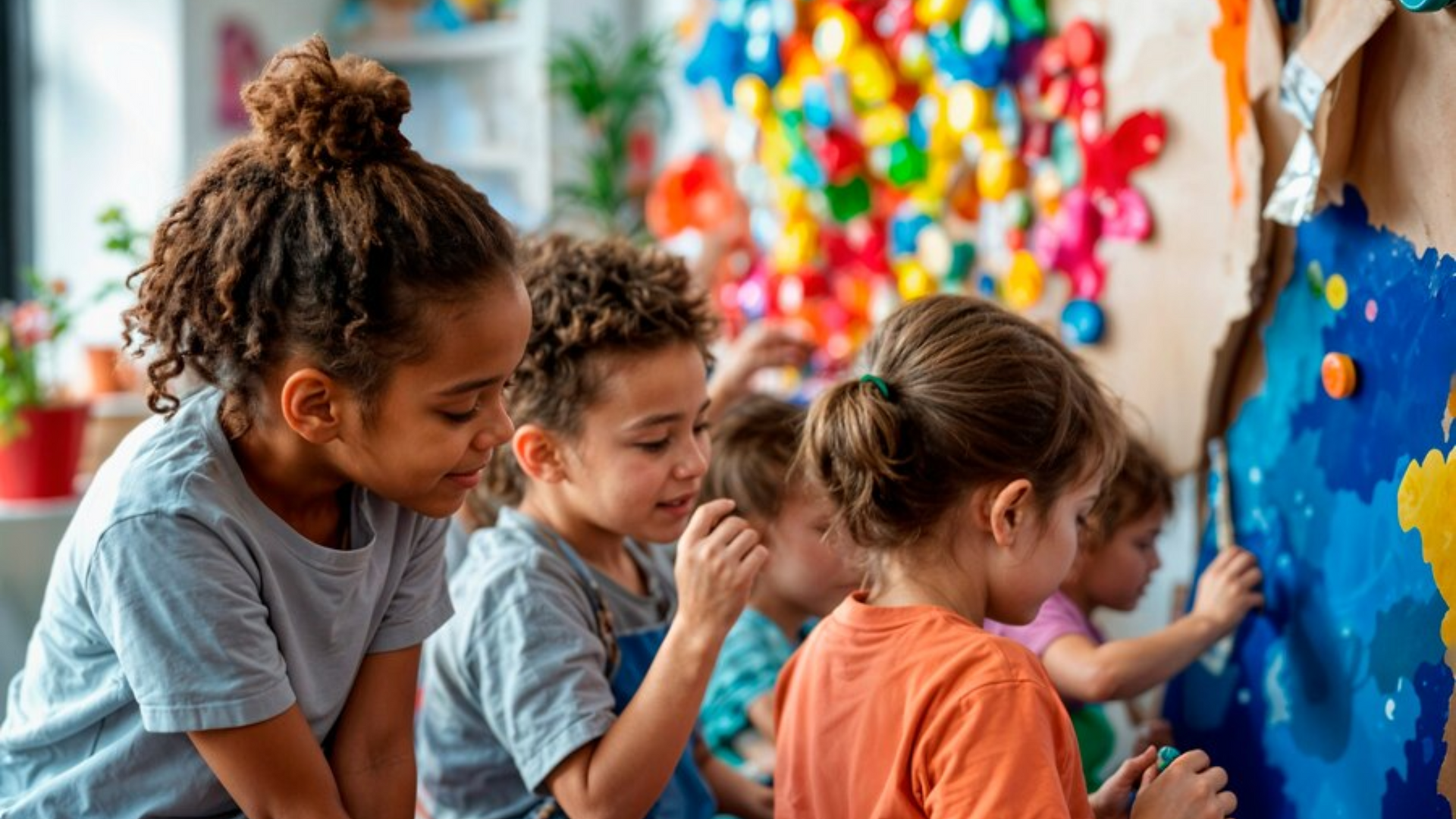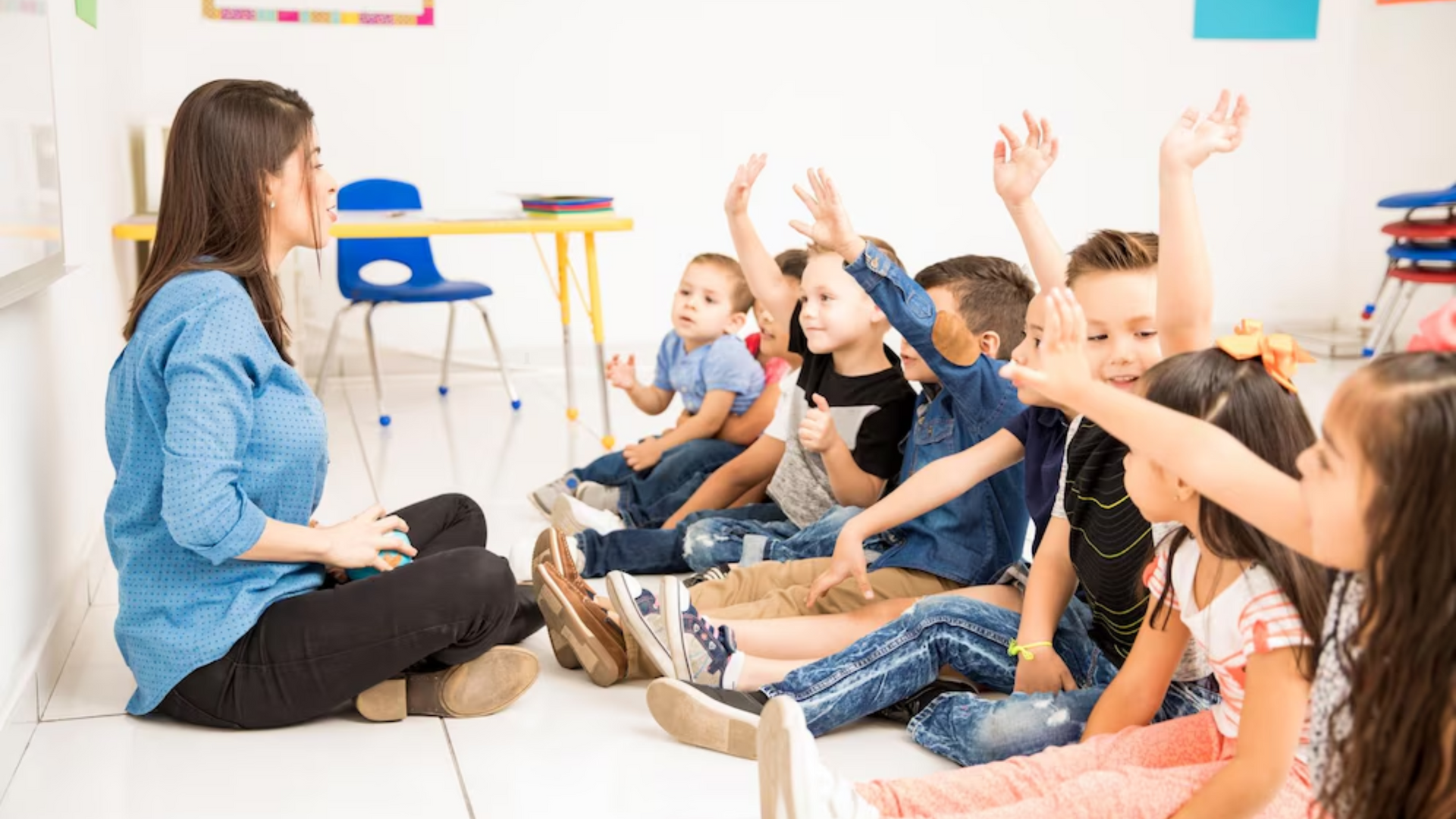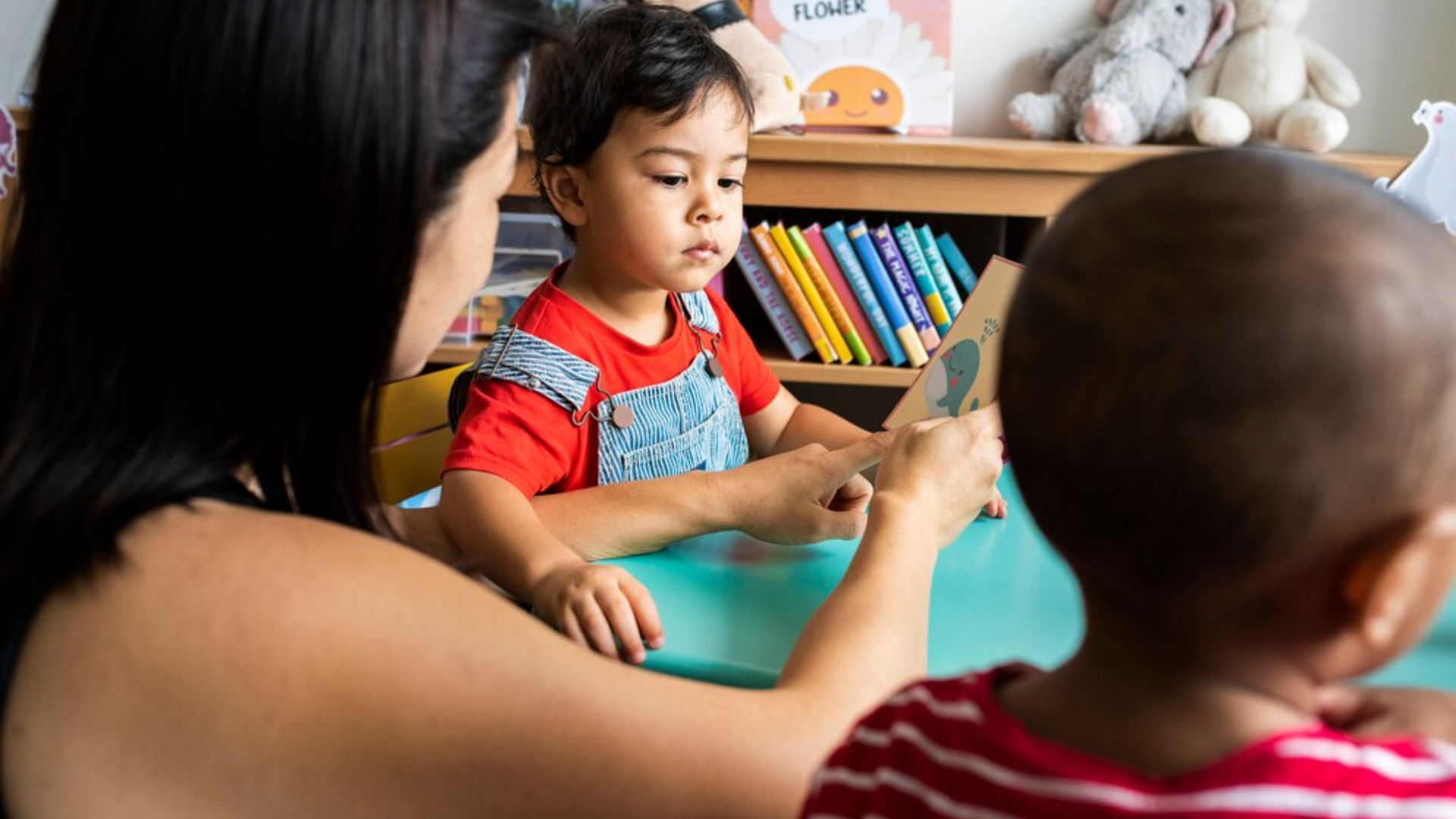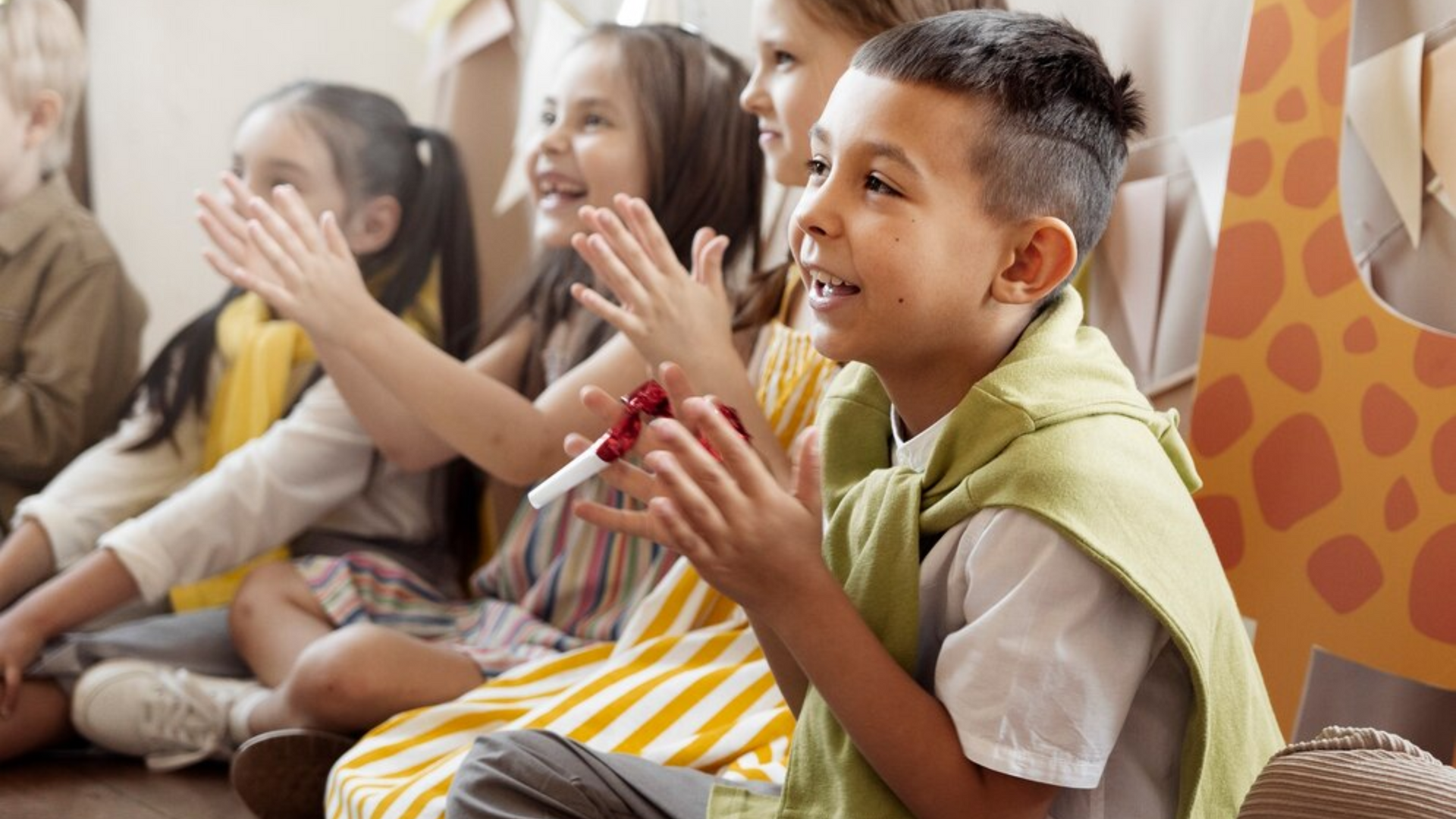Handling Separation Anxiety: Advice from Our Childcare Experts
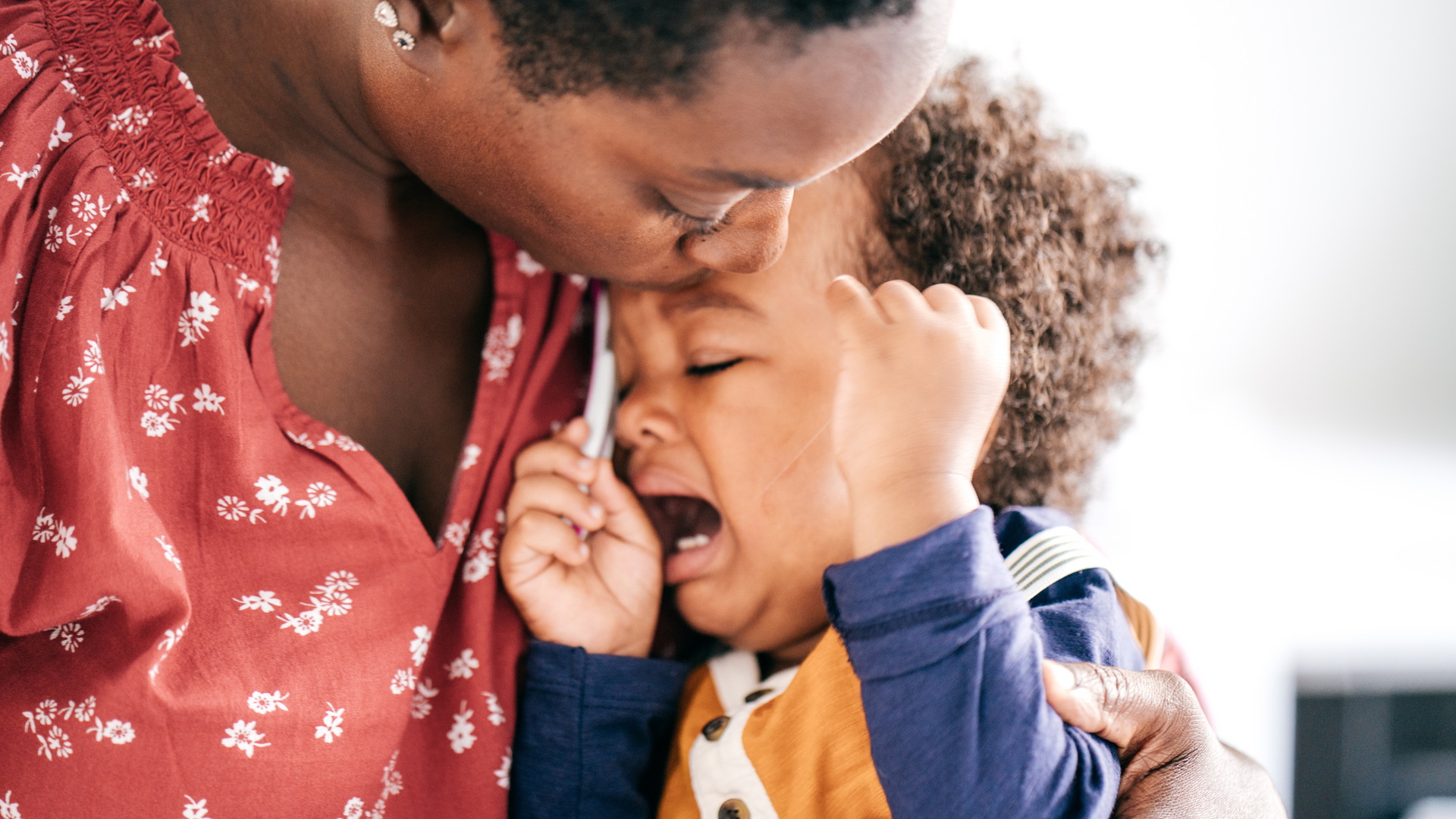
Starting preschool or daycare can be an exciting milestone in a child's life. It means new friends, engaging activities, and opportunities to grow. But for many young children (and their parents), saying goodbye in the morning can be tough. Separation anxiety is a normal part of early childhood, especially when children are beginning to spend time away from their caregivers for the first time.
At Kids 1st Child Development Center, we understand how emotional these transitions can be. Our team of experienced teachers and childcare professionals work with families every day to help children feel safe, confident, and comforted during this time of adjustment. If your little one struggles with tearful drop-offs or clings to you when it’s time to say goodbye, you're not alone. In this post, we’ll share expert advice, practical tips, and the supportive strategies we use to help families navigate separation anxiety with care and compassion.
What Is Separation Anxiety?
Separation anxiety is a developmental stage during which a child experiences distress when separated from their primary caregivers. It typically begins around 8 to 14 months of age but can peak again during toddlerhood or when a child encounters a new environment, such as starting preschool.
Common signs include:
- Crying or tantrums at drop-off
- Refusing to let go of the parent
- Regressions in sleep or potty habits
- Clinginess or anxiety when the parent prepares to leave
While these reactions can be heart-wrenching, they are a healthy and temporary response to a new or unfamiliar situation.
Why Does It Happen?
Young children thrive on consistency and familiarity. When introduced to a new environment, like a classroom, they may feel unsure or fearful about being away from the people they trust most. Add in new faces, routines, and expectations, and it’s no surprise that some little ones feel overwhelmed.
The good news? With support, children can build trust in their new environment, gain independence, and learn to self-soothe.
How Kids 1st Supports Children Through Separation Anxiety
At Kids 1st Child Development Center, we use several nurturing strategies to ease children (and parents!) through separation anxiety:
1. Gentle Transitions and Routines
We believe in the power of consistent routines. Children find comfort in knowing what to expect. Our daily schedule helps build familiarity, and we ease children into the day with predictable morning activities that engage their senses and attention.
2. Warm, Responsive Teachers
Our educators are trained to provide emotional support during moments of distress. They offer hugs, hold hands, and speak calmly to reassure children. We create bonds through warmth and patience, helping each child feel safe and seen.
3. Parent-Teacher Communication
We work closely with parents to understand each child’s needs and tailor our approach accordingly. If a child is experiencing heightened anxiety, we collaborate with families to make small changes—like arriving a little earlier or bringing a comfort item from home.
4. Comfort Objects and Familiar Items
Allowing children to bring a blanket, stuffed animal, or photo from home can help ease the transition. These items offer a sense of security and serve as a reminder of their caregivers’ love.
5. Positive Reinforcement and Encouragement
We celebrate small wins. When a child successfully says goodbye without tears, or participates in an activity soon after arrival, we praise their bravery. This builds confidence over time.
Practical Tips for Parents: Easing the Transition
While our staff is trained to help children through the emotional side of separation, parents play a crucial role too. Here are our top tips for helping your child cope:
1. Start with Short Separations
Before their first day, practice short periods of separation by leaving your child with a trusted friend or relative. Gradually increase the time apart to help them build resilience.
2. Create a Goodbye Ritual
Develop a special goodbye that you repeat each day—a hug, a kiss on the palm, a wave at the window. These rituals provide predictability and emotional comfort.
3. Keep Goodbyes Brief
It may be tempting to linger when your child is upset, but long goodbyes can increase anxiety. Say your goodbye, reassure them, and trust our staff to take it from there.
4. Be Consistent
Sticking to a regular drop-off routine helps children know what to expect. Arriving at the same time each day and following the same steps reduces uncertainty.
5. Stay Calm and Positive
Children often mirror their caregivers’ emotions. If you show confidence and excitement about school, your child will begin to feel the same way.
What to Avoid During Separation Anxiety
- Sneaking Out: While it may prevent immediate tears, it can erode trust. Always say goodbye.
- Showing Too Much Emotion: It’s okay to feel emotional, but try to wait until after the drop-off to express those feelings.
- Punishing or Scolding: Anxiety is not misbehavior. Support and patience are key.
When to Seek Additional Support
Most separation anxiety resolves within a few weeks of consistent attendance and supportive care. However, if your child continues to experience severe distress after several weeks, or if it interferes with their ability to participate in classroom activities, consider speaking with your pediatrician or a child development specialist.
Our team at Kids 1st is always available to partner with families and offer additional strategies tailored to individual needs.
Growing Through Goodbye
Separation anxiety may feel overwhelming in the moment, but it also offers children a valuable opportunity to grow. Each goodbye becomes a lesson in trust, confidence, and independence. And with the right support, your child will soon be waving with a smile and running into the classroom ready to learn and play.
At Kids 1st Child Development Center, we are honored to support your family through every step of this journey. From tearful goodbyes to joyful reunions, we’re here to make the transition to preschool a positive and empowering experience for everyone involved.
Continue Supporting Your Child's Journey
Looking for more ways to support your child through transitions and beyond? Check out our article on Is Daycare All Year Round? Here's the Truth
to see how our program provides year-long care and learning, and explore How to Secure Your Child's Spot in a Top Orlando Childcare Program
for expert tips on finding the best childcare fit for your family in Orlando.
